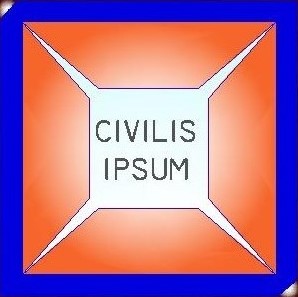In engineering circles, it is believed· and accepted that there is nothing like a failure-proof design. There is always the possibility of failure associated with engineering designs. Risk analysis is an essential component of environmental designs so that environmental engineers work with risk and probability of failure in all areas of their profession. Engineers have both a moral and often legal obligation to ensure that the risks of their designs are well-known and understood. They thus have an obligation to minimize risk wherever possible. They also need to be aware of the consequences of their designs and to make these known to others in a clear and frank manner.
The dictionary defines ethics as a system of moral principles by which human actions and proposals may be judged well or bad or right or wrong. An engineer must accept and practice the code of ethics if he is to become a professionally accredited engineer in Nigeria.
The tenets of the code of ethics should include the following:
- Members shall act with honour, integrity, and dignity in order to merit the trust of the community and the profession;
- Members shall act only in areas of their competence and even this must be in a careful and diligent manner;
- Members shall apply their skill and knowledge in the interest of their employer or client for whom they shall act with integrity without compromising any other obligation to these tenets;
- Members shall, where relevant, take reasonable steps to inform themselves, their clients, and employers, of the social, environmental economic, and other possible consequences that may arise from their actions;
- Members shall express opinion, make statements, or give evidence with fairness and honesty and only on the basis of adequate knowledge;
- Members shall continue to develop relevant knowledge, skill, and expertise throughout their careers and shall actively assist and encourage those with whom they are associated to do likewise;
- Members shall act with honesty, good faith, and equity and without discrimination towards all in the community;
- Members shall place their responsibility for the welfare, health, and safety of the community before their responsibility to sectional or private interests, or to other members;
- Members shall not assist in or induce a breach of these tenets and shall support those who seek to uphold them if called upon or in a position to do so.

